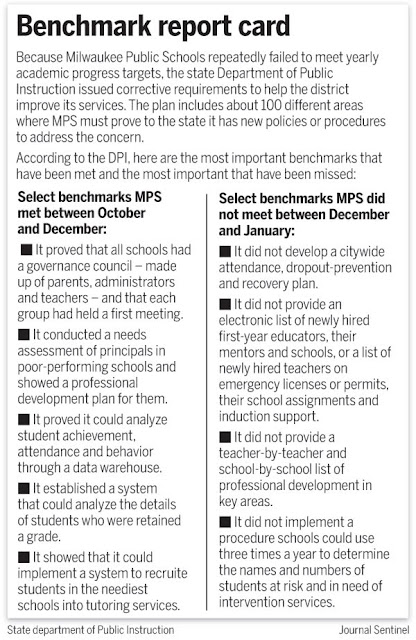Democratic state senators pushed the first budget cuts of 2010 through a key committee Wednesday, slicing government payroll costs by 5% and cutting $811 million from the prisons' healthcare budget.
The votes were the first on budget matters since Gov. Arnold Schwarzenegger called a special session last month to address California's roughly $20-billion deficit. Lawmakers deferred decisions on how much to cut from California schools and social services -- the state's costliest programs -- until summer budget talks. (LA Times)
The easy part apparently involves going to the federal prison receiver and begging for help, because if they haven't done that already, they better start doing it now. As the healthcare system has been the center of the prison receivership, you don't just cut money from under a federal court's nose.
Meanwhile, the Assembly spent their time hamming it up "for appearances," don't you know? Like the waste of having safe airports, and the waste of having serviceable state vehicles. The airports one is my favorite.
The Department of Transportation was asked about a single-engine plane it bought for nearly $1 million. Mike Miles, operations director, said the plane is needed for inspections of public airports and other required aerial duties. It will replace one that is more than 40 years old, and, because of the fiscal crisis, delivery is not planned until 2010-11.
Oh, did the Assembly Panel nail them or what?! Can you believe they want to replace their 40-year-old single engine plane? Why, they don't make them like they used to back in 1970. It is clear that the DOT is just "tone-deaf" to the people!
"We've got to answer to our constituents - and they're screaming at us," Assemblyman Tom Berryhill, R-Modesto, said of state spending.
"They need to realize that to the general public and to us, the Legislature, they sound a little tone deaf," Assemblyman Hector De La Torre, a South Gate Democrat who chairs the committee, said of the millions spent for seemingly routine items. (SacBee).
So, as I have it, the public is "screaming" for unsafe airports and dangerous state





























.jpg)


